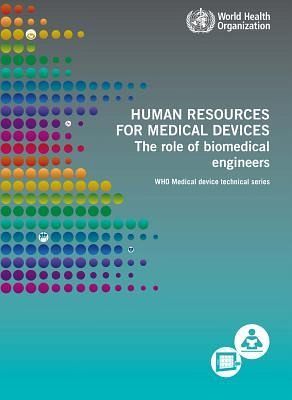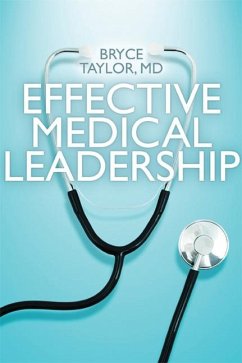
Human Resources for Medical Devices
The Role of Biomedical Engineers
Versandkostenfrei!
Versandfertig in über 4 Wochen
57,99 €
inkl. MwSt.

PAYBACK Punkte
29 °P sammeln!
This publication addresses the role of the biomedical engineer in the development, regulation, management, training, and use of medical devices. The first part of the book looks at the biomedical engineering profession globally as part of the health workforce: global numbers and statistics, professional classification, general education and training, professional associations, and the certification process. The second part addresses all of the different roles that the biomedical engineer can have in the life cycle of the technology, from research and development, and innovation, mainly underta...
This publication addresses the role of the biomedical engineer in the development, regulation, management, training, and use of medical devices. The first part of the book looks at the biomedical engineering profession globally as part of the health workforce: global numbers and statistics, professional classification, general education and training, professional associations, and the certification process. The second part addresses all of the different roles that the biomedical engineer can have in the life cycle of the technology, from research and development, and innovation, mainly undertaken in academia; the regulation of devices entering the market; and the assessment or evaluation in selecting and prioritizing medical devices (usually at national level); to the role they play in the management of devices from selection and procurement to safe use in healthcare facilities. The annexes present comprehensive information on academic programs, professional societies, and relevant WHO and UN documents related to human resources for health as well as the reclassification proposal for ILO. This publication can be used to encourage the availability, recognition, and increased participation of biomedical engineers as part of the health workforce, particularly following the recent adoption of the recommendations of the UN High-Level Commission on Health Employment and Economic Growth, the WHO Global Strategy on Human Resources for Health, and the establishment of national health workforce accounts. The document also supports the aim of reclassification of the role of the biomedical engineer as a specific engineer that supports the development, access, and use of medical devices within the national, regional, and global occupation classification system.












